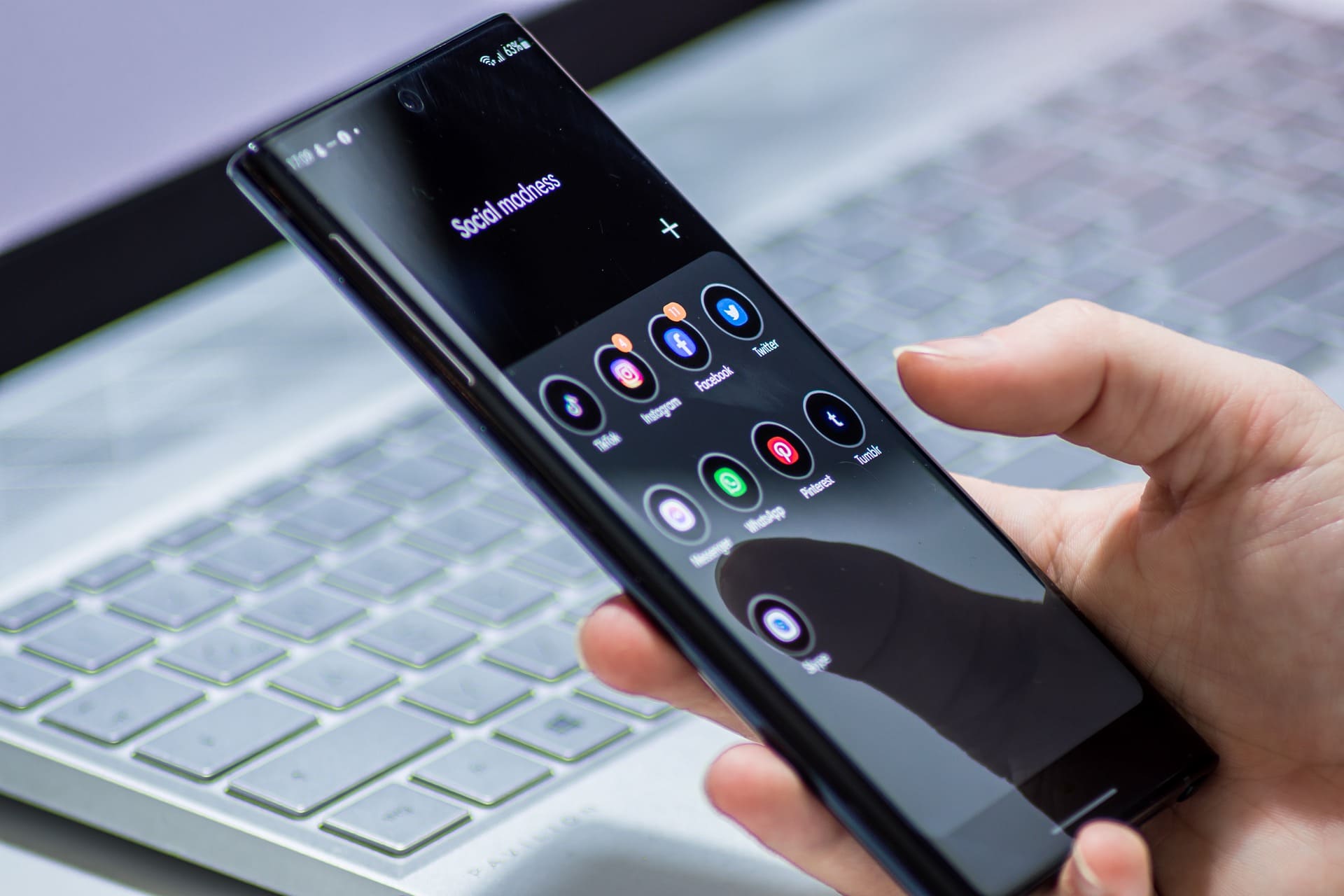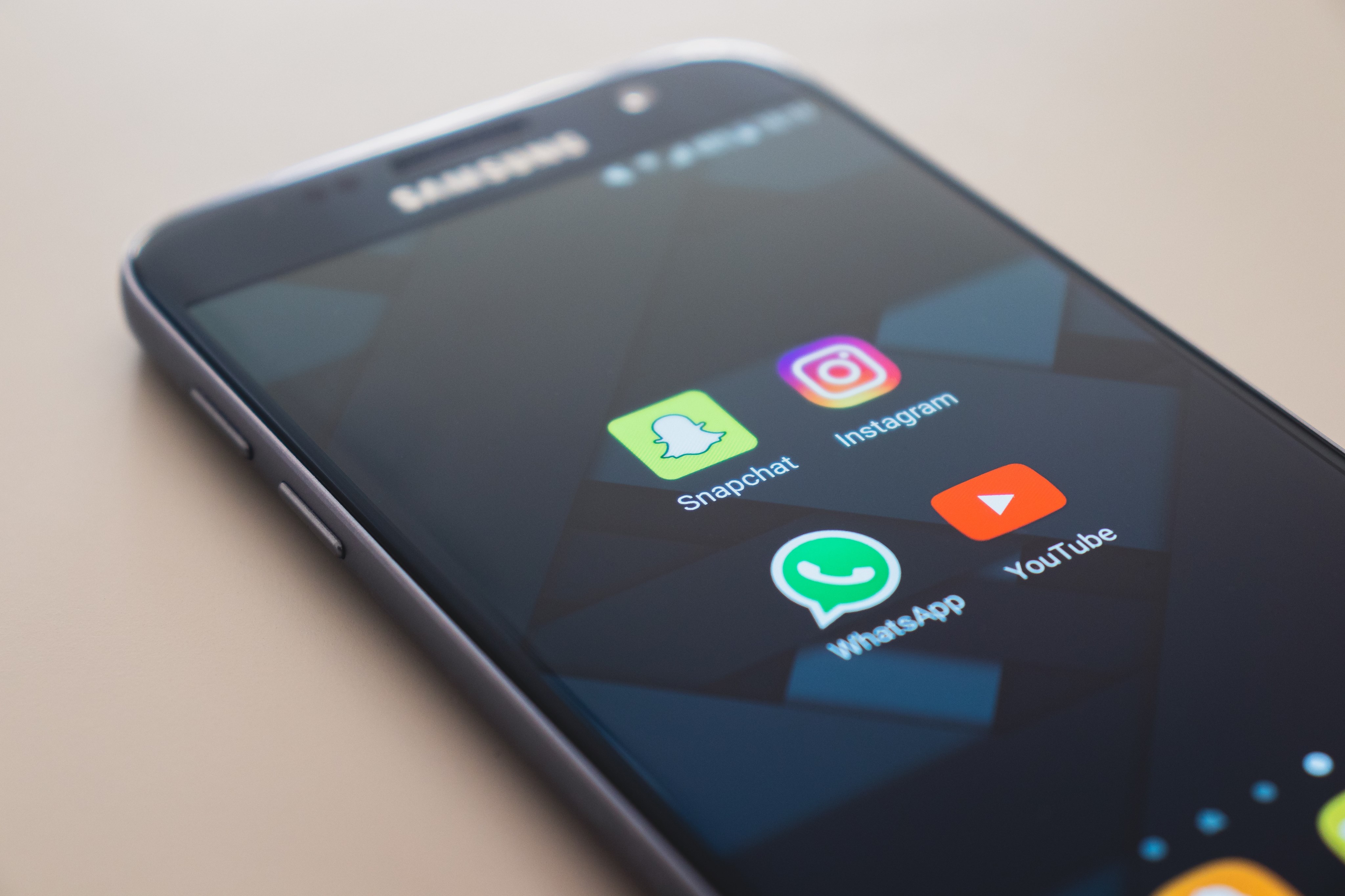The use of social media seems to have become a part of our daily lives. It is increasingly being used as a means of communication among friends and family. This makes the medium vulnerable to scams and malware attacks more than ever.
It is estimated that over 1.52 billion people log on to Facebook every day and are thus considered daily active users. More than 1.15 billion users log on using their mobile devices, showing the increasing trend of mobile phones to access social networking sites.
This highlights the need for fraud prevention measures like mobile ID verification by social media sites and smartphone companies. Here is a list of some of the most common social media scams that users must be aware of;
Hidden URLs
Social media posts are often designed to entice the reader into clicking the link provided in the post. Those links are often shortened to fit the character limit or simply just to hide the illicit nature of the link.
Such links are often malware and can infect the user’s computer or mobile device with a virus. If you ever see an article or post that looks intriguing enough that you want to click on it, think twice before doing so.
Make sure the post is from a page or account that you trust. Moreover, have adequate anti-malware and anti-virus software installed to your computer as well as your mobile devices.
Phishing Schemes
Phishing is perhaps one of the most common and oldest types of cybercrimes out there. In theory, phishing is done by e-mail and direct messages sent to users posing as a bank, a government authority or someone they know.
It is primarily used to deceive users into giving their personal information that may be further used by the criminal to commit more serious crimes like identity fraud. The e-mail or DM may go something along the line of "someone just put up a wild video of you at your graduation party, see the full video here!”.
When you click on the link you are taken to a Facebook login page where you enter your credentials, thus giving your credentials to the scammer and consequently access to your account. Such cases also require more discretion on part of social media websites to implement tools like mobile ID verification to verify users.
Chain Links
You may have seen links like "Like this post and Bill Gates will donate 1 dollar per like to a charity". It makes a person wonder why, if at all, would a person like Bill Gates need to wait for likes on some random post to donate to a welfare cause.
Such posts are created for the sole purpose of generating likes and traffic towards it. Any social media post that is designed or pitched in a way for people to like and share it is most probably a scam and is often used to find "friends" to scam later on.
Mysterious Charges
Often social media posts are posited in a way that attracts users into clicking the links in them. For example, "Take this quiz to find how much more intelligent are you than your friend (or any of your favorite fictional characters)".
This and a number of other techniques are used to attract people into subscribing to a weekly or monthly offer by entering their cell number and other details. Once they do so they end up receiving dubious charges in their cell phone bill.












